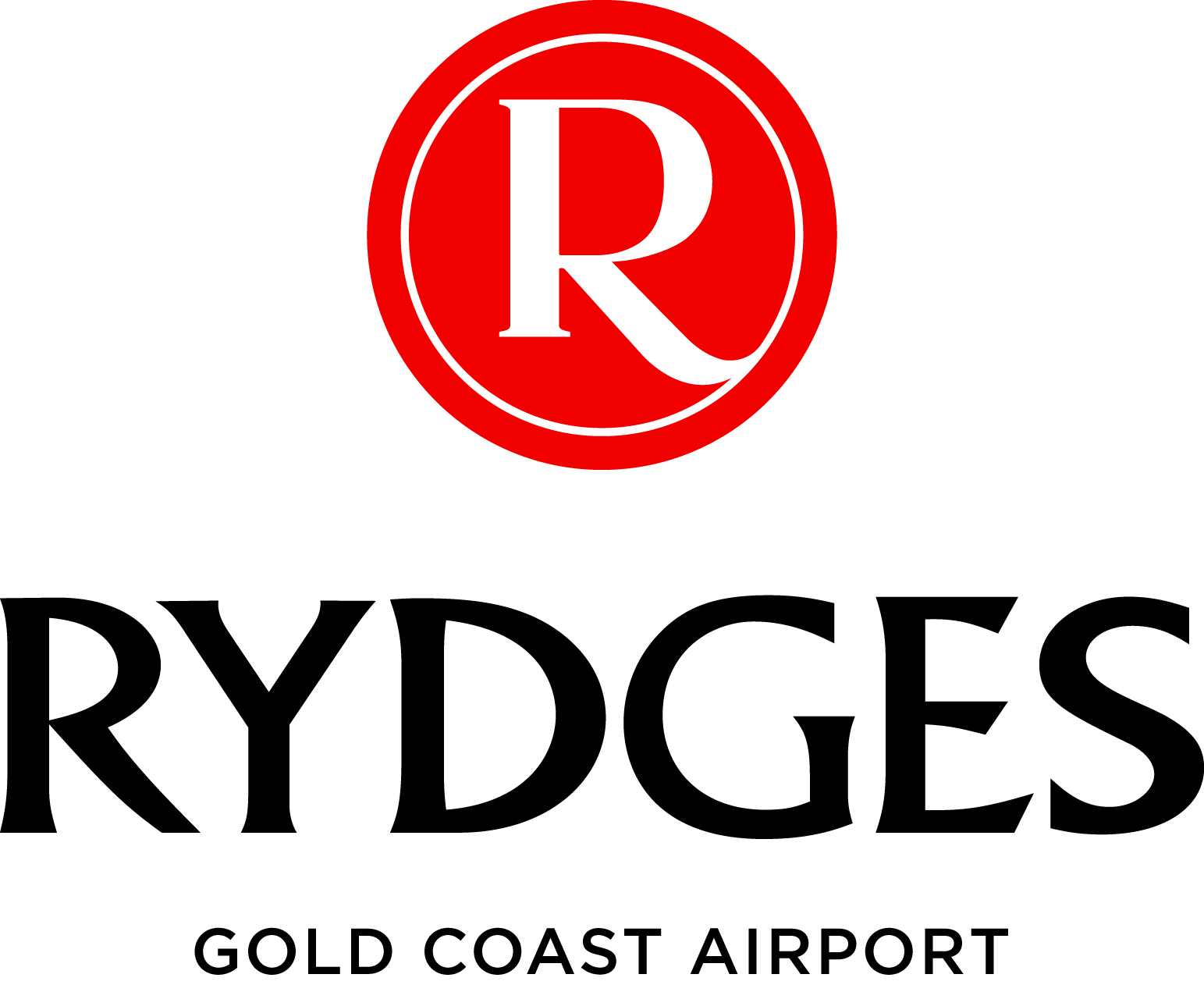How the Christmas eve part-day public holiday affected businesses
In late 2019, a Christmas Eve-part day public holiday was rushed through Queensland’s last sitting of parliament and was imposed on businesses weeks later. The Chamber of Commerce and Industry Queensland (CCIQ) had sought feedback from the small business community and advised the government on the negative impact this would have on businesses across the state.
New data from CCIQ shows the impact it had.
Amanda Rohan, CCIQ General Manager of Advocacy and Policy said the results were what they had warned the government of. “Last year the business community voiced their concern that another cost in the form of a part-day public holiday would be bad for business and we have now heard it was," Ms Rohan said.
“Over one-third of businesses surveyed ended up closing their doors, meaning their employees lost work and they lost revenue.
“Right now, we need to support the viability of SMEs so they can continue operating in local communities and contributing to their local economy. It’s not only businesses owners who suffer when times are tough; it's their employees too.
“The Palaszczuk Government decided not to listen when they rushed this legislation through and now we want them to understand the impact it’s had. This decision was implemented without due consideration of the rami
“Last year, four business per day entered into insolvency and at times Queensland’s unemployment rate was the highest in the country. SMEs business confidence leading into Christmas was the lowest since the GFC. Small business needs to be given the confidence to employ and hire staff, invest in their business and support their communities. We cannot afford policies that penalise business for employing people and supporting their communities
Further insights from the respondents' show:
- More than one-third (35%) of surveyed business decided to close their doors of Christmas Eve due to the part-day public holiday
- An additional 18% of businesses decided to reduce staffing hours to work themselves to reduce wage expenses
- Businesses with 1-5 employees were affected in most cases, and either cut
- staff shifts or worked themselves to reduce wage expenses
- Most businesses that did open, less than one out of every ten businesses decided to introduce a surcharge affecting their revenue and only increasing their costs. Amongst a retail environment where brick and mortar retailers compete with online shopping experiences, the introduction of additional surcharges would likely have been detrimental to
- sales turnover.
The data comes from CCIQs most recent Suncorp Pulse survey (full details of the latest business sentiment survey will be released later this month). For more information click here.
























.jpg)














